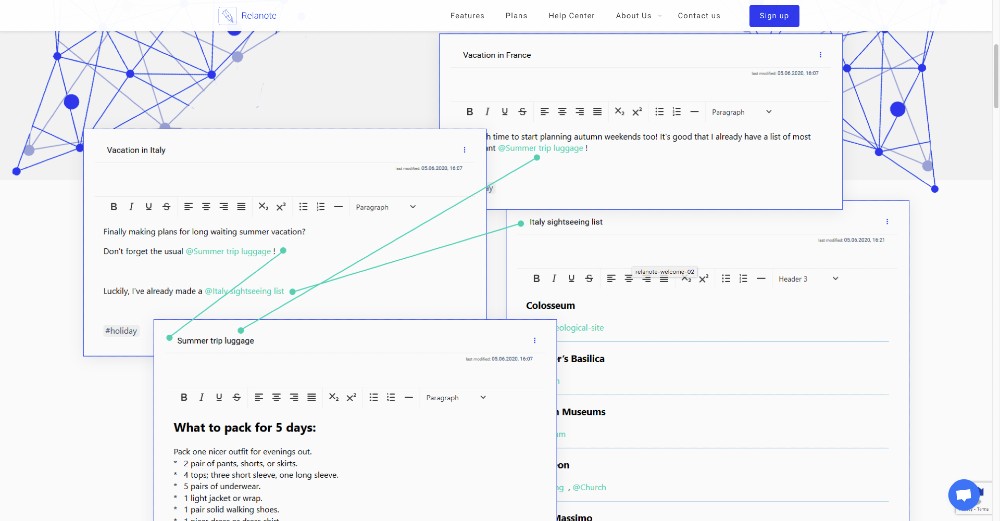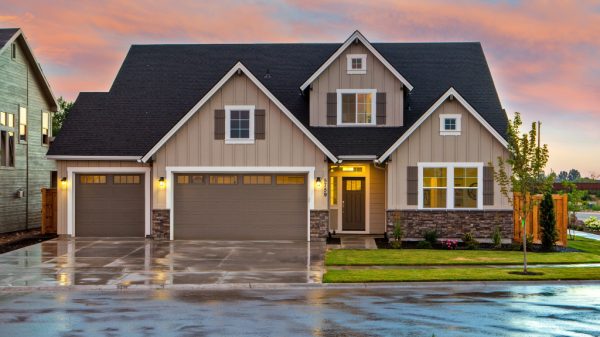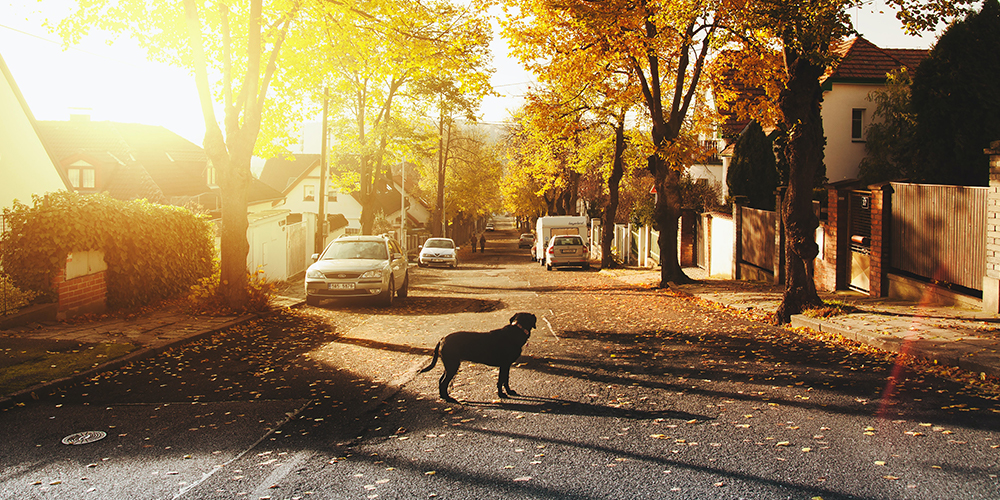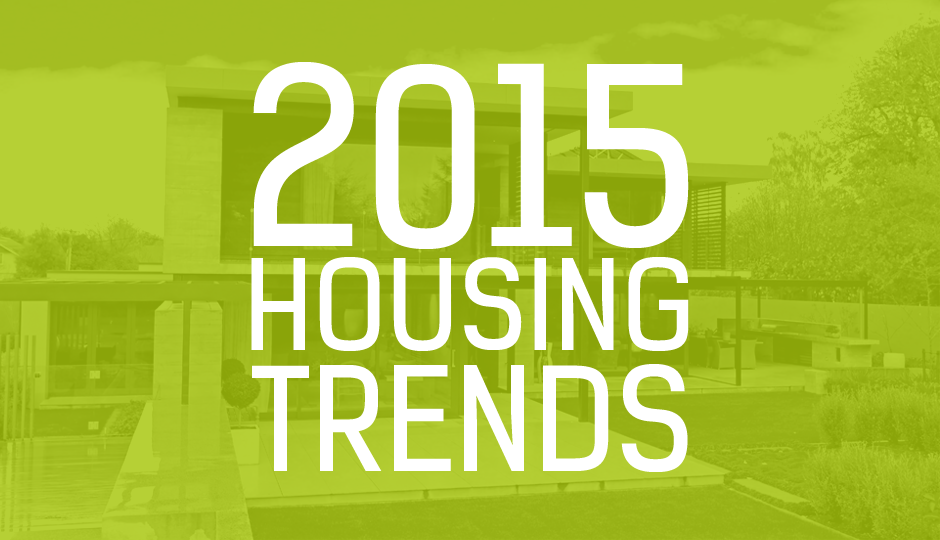After a tumultuous couple of years in the housing market, some intriguing data is emerging courtesy of the NAR–some of which points to a sharp increase in multi-generational home purchases from a variety of demographics.
In June of 2022, multi-generational home purchases constituted 14% of house purchases nationwide, coming in at just under the current record of 15%.
Multi-generational housing is exactly what it sounds like: property that can reasonably support multiple generations of a family living in it at once. This is perhaps why this kind of housing purchase fell to 11% of all sales during the onset of the pandemic, then spiked to 15% shortly thereafter.
Jessica Lautz, Deputy Chief Economist and Vice President of Research for NAR, explains the factors that led to the current near-record level of multi-generational buying. “For first-time buyers, who struggled to enter last year’s housing market, perhaps it is unsurprising that they are more likely to purchase a multi-generational home due to cost savings and for a larger home that multiple incomes could buy together,” writes Lautz.
According to an NAR study of the profiles of sellers and buyers, those first-time buyers who opted for a multiple-income solution make up a whopping 28% of those who bought these types of houses.
“First-time buyers, who have a median age of 36, also are more likely to say their adult children have not yet left the nest. On the other hand, repeat buyers, who have a median age of 59, are more likely to say their adult children are now boomeranging back,” Lautz adds, going on to posit that “spending time with aging relatives” is a high priority for multi-generational housing buyers and that in-house caretaking is common.
Gen Xers, the oldest of whom are pushing 60 by now, led the pack in terms of people who were most likely to buy a multi-generational home. Lautz points to the idea of both caretaking for older relatives and housing for younger ones who need safe lodging in an unreliable market as justification for this phenomenon.
Also notable is the racial demographic information pertaining to multi-generational housing. While 10% of house sales to White buyers constituted multi-generational homes, “18-19% of Black/African-American, Asian/Pacific Islander, and Hispanic/Latino buyers purchased a multi-generational home” in the same span of time.
Lautz confirms that the primary rationale, regardless of race, was caretaking and the option to spend more time with the aforementioned aging parents or other relatives.
It seems reasonable to think that this trend may continue as millennials start to encroach more on the housing market (and their relatives reach elderly status).
Jack Lloyd has a BA in Creative Writing from Forest Grove's Pacific University; he spends his writing days using his degree to pursue semicolons, freelance writing and editing, oxford commas, and enough coffee to kill a bear. His infatuation with rain is matched only by his dry sense of humor.














































